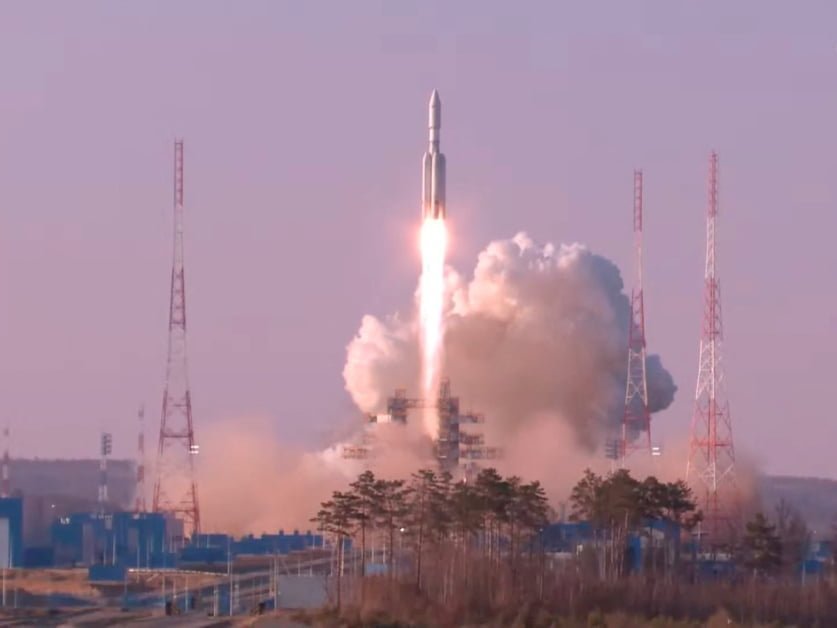Russia’s Angara A5 rocket has successfully completed a launch into orbit, marking a significant achievement for Russia’s space program. This success comes after two previous attempts were aborted due to technical system defects, showcasing the country’s determination and capability in the global space race. In this article, we will delve into the reasons behind the previous launch failures, the successful launch of the Angara A5 rocket, and the implications of this achievement for Russia’s future in space exploration.
Thursday’s launch from Russia’s Vostochny Cosmodrome in the Amur region signifies the country’s post-Soviet space ambitions. The previous launch attempts were canceled due to issues with the pressurizing system in an oxidizer tank and the engine control system. However, the latest launch saw the rocket reaching speeds of over 25,000 kilometers per hour and successfully entering orbit. Roscosmos, the Russian space agency, confirmed the rocket’s performance according to plan, with the upper stage separating and placing the test payload into the target orbit.
The Angara project was initiated shortly after the collapse of the Soviet Union to create a Russian-made launch vehicle that could provide access to space independently of the Baikonur Cosmodrome in Kazakhstan. The development of the Angara A5, a heavy booster rocket designed for large payloads, has faced delays. The first test flight occurred in 2014, followed by another in 2020 from the Plesetsk Cosmodrome. The Angara A5 is considered more environmentally friendly than the Proton M, Russia’s long-running heavy-lift rocket.
Russia plans to utilize the Angara A5’s payload capacity to assemble modules for a potential rival to the International Space Station (ISS) in the coming years. Despite recent setbacks in Russia’s space program, including delays in Soyuz spacecraft launches and a failed moon mission, the successful launch of the Angara A5 rocket represents a significant step forward. This achievement highlights Russia’s commitment to advancing its space exploration capabilities and competing on the global stage in space exploration.
Source: Al Jazeera and news agencies


